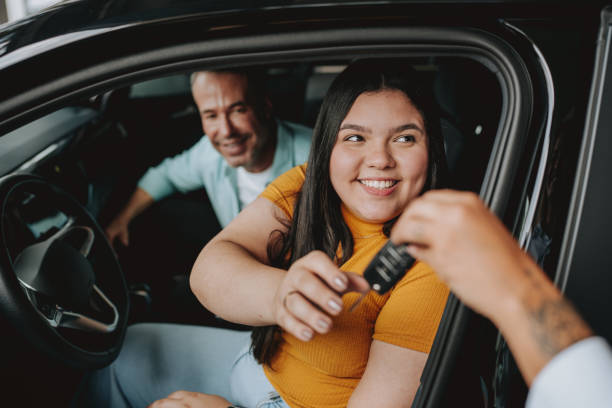You’ve picked the car, taken it for a test drive, and negotiated a deal you’re happy with. Time to sign the paperwork and hit the road, right? Not so fast. Even confident buyers often overlook a few important steps before making it official—and those oversights can lead to buyer’s regret or unexpected costs down the line. Before you grab the pen, take a minute to double-check a few essentials, including using a Toyota finance calculator to make sure your repayments actually fit your budget.
Here are the top things smart car buyers double-check before making it official.
1. What Your Monthly Costs Will Actually Be
A common mistake? Focusing only on the purchase price and forgetting about the ongoing costs. Your loan repayments, insurance, registration, servicing, and fuel should all be factored into your monthly budget. Use an online calculator to map out realistic repayments based on your deposit and loan term—not just what the dealer suggests.
2. What’s Actually in the Fine Print
Contracts are boring. We get it. But skipping over the details can cost you. Look closely at the terms of any financing, warranty conditions, added extras, and cancellation clauses. Are there balloon payments at the end of your loan? Can you make extra repayments without penalty? These details matter more than the colour of the car.
3. Dealer Add-Ons You Didn’t Ask For
That shiny paint protection or “premium delivery pack” might sound impressive—until you realise it’s just an inflated cost for things you didn’t really need. Don’t be afraid to question every add-on listed. If it’s not something you planned to buy, ask for it to be removed or discounted.
4. The Real Trade-In Value of Your Old Car
If you’re trading in, get an independent valuation before heading to the dealership. Some dealers will offer you less for your old car and quietly bump up the price of the new one to compensate. Knowing the market value puts you in a stronger position to negotiate fairly.
5. That You’ve Seen the PPSR Report
For used cars especially, it’s essential to check the Personal Property Securities Register (PPSR). This report shows if the car has finance owing, has been written off, or has a stolen vehicle record. Don’t rely on the seller’s word—this is your last line of defence.
6. Your Insurance Quote Is in Place
It’s easy to assume insurance will only cost you an extra $30 a month—until you get the quote. Especially for younger drivers or certain vehicle types, premiums can be a shock. Always get an accurate insurance quote before you sign so you know your true monthly outgoings.
7. You’re 100% Clear on Your Cooling-Off Rights
Every state and territory in Australia has different rules when it comes to cooling-off periods for car purchases. Some contracts let you cancel within one or two days, others don’t at all—especially for cars bought via auction or under business agreements. Know what applies to your situation before it’s too late.
Buying a car is a big deal, and it’s easy to get caught up in the excitement. But those last few minutes before you sign the dotted line are when you have the most power. Use that time wisely. Slow down, check the details, and ask the right questions. It might only take 15 minutes, but it could save you years of financial headaches.

